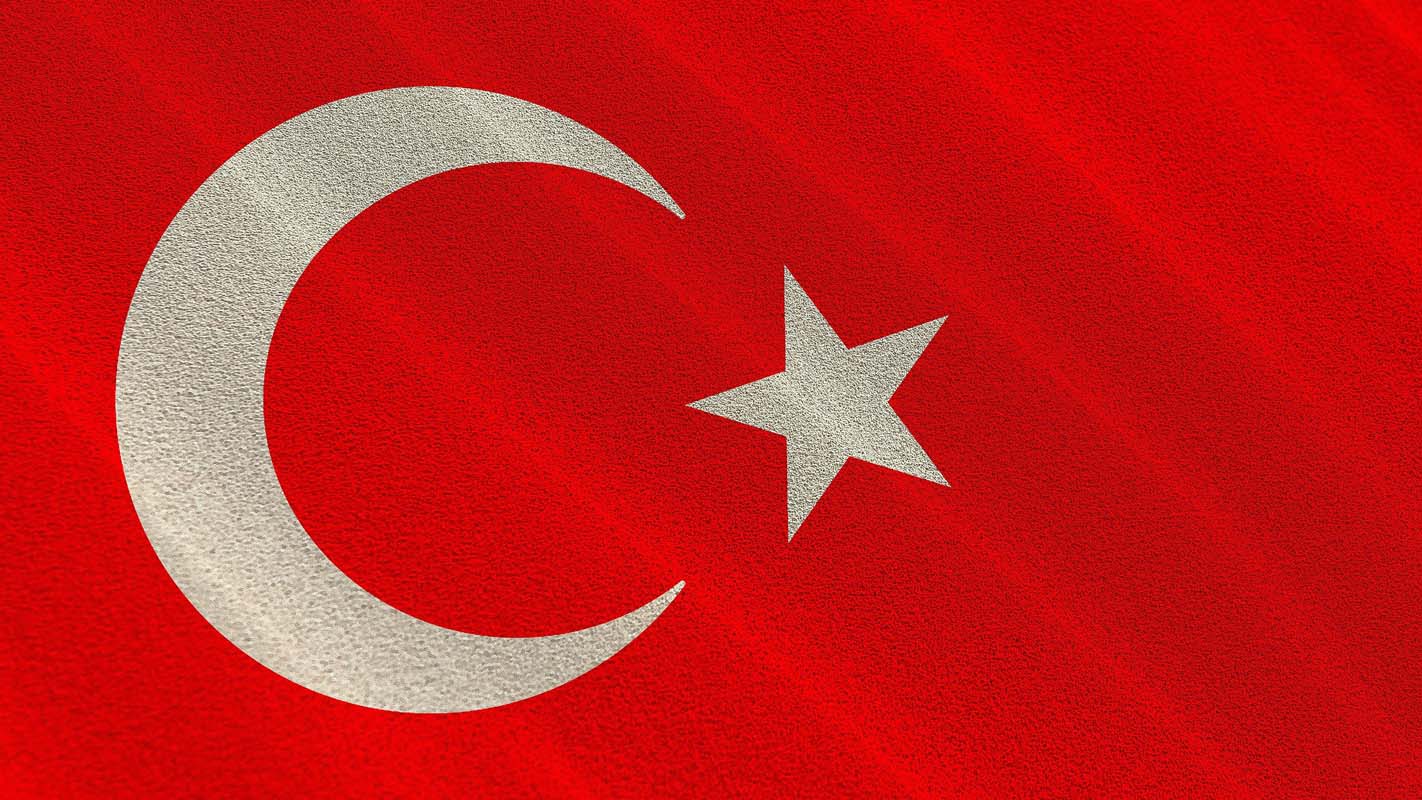
403
Sorry!!
Error! We're sorry, but the page you were looking for doesn't exist.
Global court initiative in Turkey collects testimonies on Gaza
(MENAFN) An international initiative known as the Gaza Court held its concluding session in Istanbul, where participants called for heightened global awareness and accountability over Israel’s alleged war crimes in Gaza.
Penny Green, a law professor from Queen Mary University and a participant in the session, said the court’s mission is to gather testimonies and mobilize international public opinion regarding the ongoing situation in Gaza. She explained that although the court lacks formal judicial power, its role is to compile a detailed body of evidence through eyewitness testimonies, journalist reports, and expert analyses.
Green noted that the proceedings do not question whether the events in Gaza and the West Bank amount to genocide, since participants “already accept and recognize them as such.”
She said this conclusion is supported by extensive documentation from Palestinian non-governmental organizations and genocide scholars.
Expanding on the initiative’s purpose, Green emphasized that it seeks to inspire civil society worldwide. She said millions across the globe have already taken to the streets in protest against what they describe as Israel’s “crimes of genocide, colonialism, and apartheid.” The Istanbul gathering, she added, is part of this broader nonviolent resistance movement.
Green also voiced sharp criticism of the international legal framework, arguing that it has repeatedly failed to prevent or prosecute acts of genocide—not only in Gaza, but also in Myanmar and Sudan. This perceived failure, she said, has spurred new waves of activism among civil society groups in Western countries, including Europe, the United States, and Australia.
Referring to solidarity efforts such as the Global Sumud Flotilla—which sought to challenge the blockade of Gaza and deliver humanitarian aid—Green underscored the importance of collective global initiatives.
Drawing from her background in Tasmania, a region with its own legacy of settler colonialism and violence against Indigenous peoples, Green said that many Australians, especially anti-racist activists, identify strong parallels between the Palestinian cause and the struggles of Aboriginal communities confronting enduring colonial structures.
Penny Green, a law professor from Queen Mary University and a participant in the session, said the court’s mission is to gather testimonies and mobilize international public opinion regarding the ongoing situation in Gaza. She explained that although the court lacks formal judicial power, its role is to compile a detailed body of evidence through eyewitness testimonies, journalist reports, and expert analyses.
Green noted that the proceedings do not question whether the events in Gaza and the West Bank amount to genocide, since participants “already accept and recognize them as such.”
She said this conclusion is supported by extensive documentation from Palestinian non-governmental organizations and genocide scholars.
Expanding on the initiative’s purpose, Green emphasized that it seeks to inspire civil society worldwide. She said millions across the globe have already taken to the streets in protest against what they describe as Israel’s “crimes of genocide, colonialism, and apartheid.” The Istanbul gathering, she added, is part of this broader nonviolent resistance movement.
Green also voiced sharp criticism of the international legal framework, arguing that it has repeatedly failed to prevent or prosecute acts of genocide—not only in Gaza, but also in Myanmar and Sudan. This perceived failure, she said, has spurred new waves of activism among civil society groups in Western countries, including Europe, the United States, and Australia.
Referring to solidarity efforts such as the Global Sumud Flotilla—which sought to challenge the blockade of Gaza and deliver humanitarian aid—Green underscored the importance of collective global initiatives.
Drawing from her background in Tasmania, a region with its own legacy of settler colonialism and violence against Indigenous peoples, Green said that many Australians, especially anti-racist activists, identify strong parallels between the Palestinian cause and the struggles of Aboriginal communities confronting enduring colonial structures.

Legal Disclaimer:
MENAFN provides the
information “as is” without warranty of any kind. We do not accept
any responsibility or liability for the accuracy, content, images,
videos, licenses, completeness, legality, or reliability of the information
contained in this article. If you have any complaints or copyright
issues related to this article, kindly contact the provider above.

















Comments
No comment